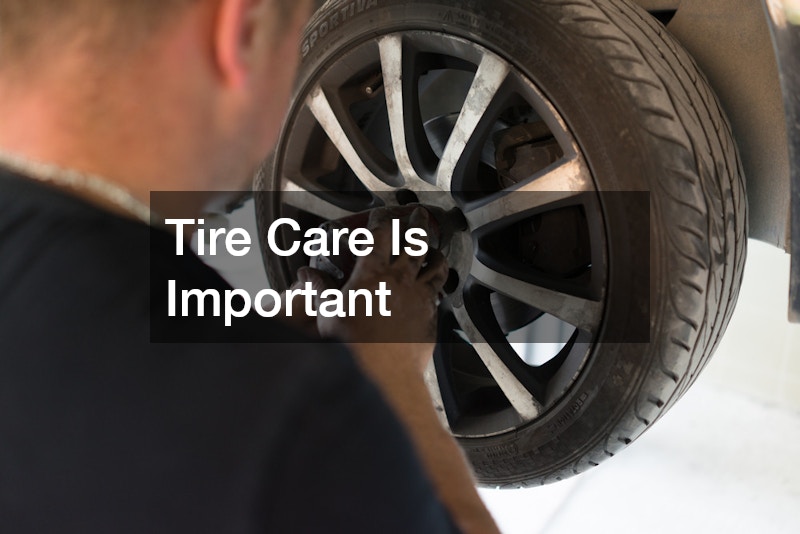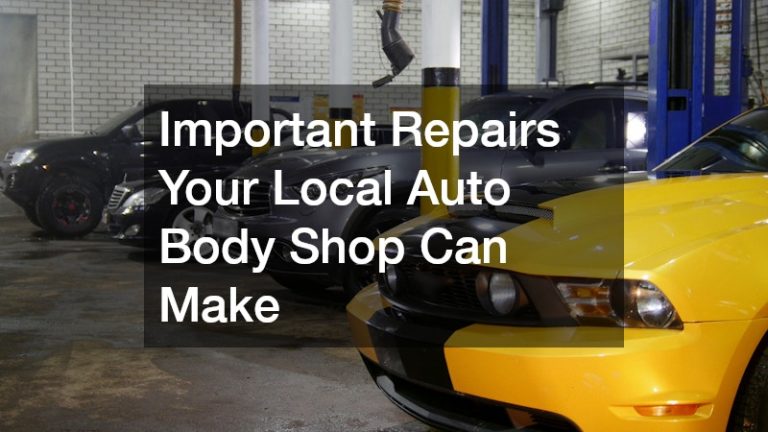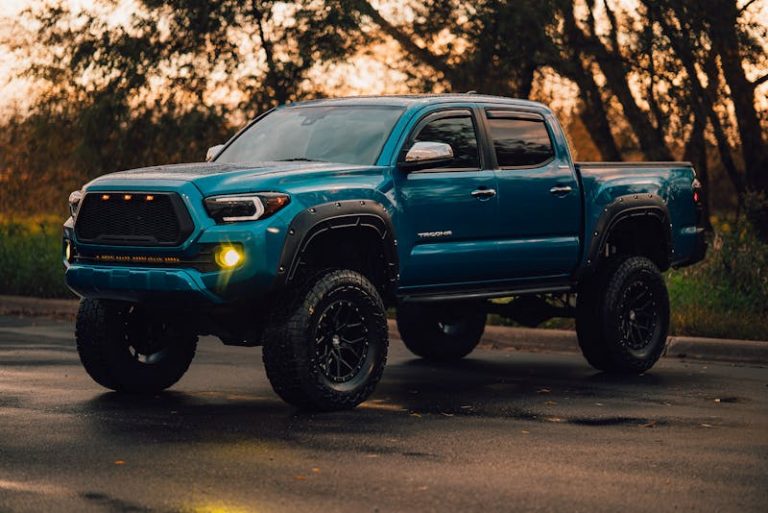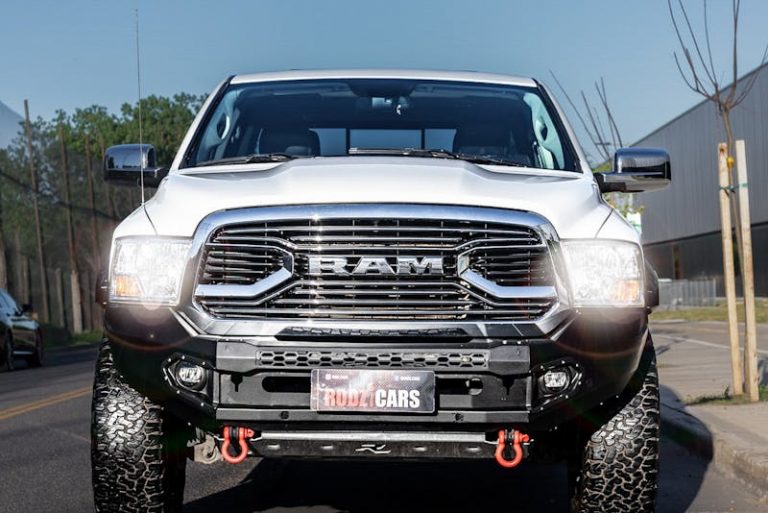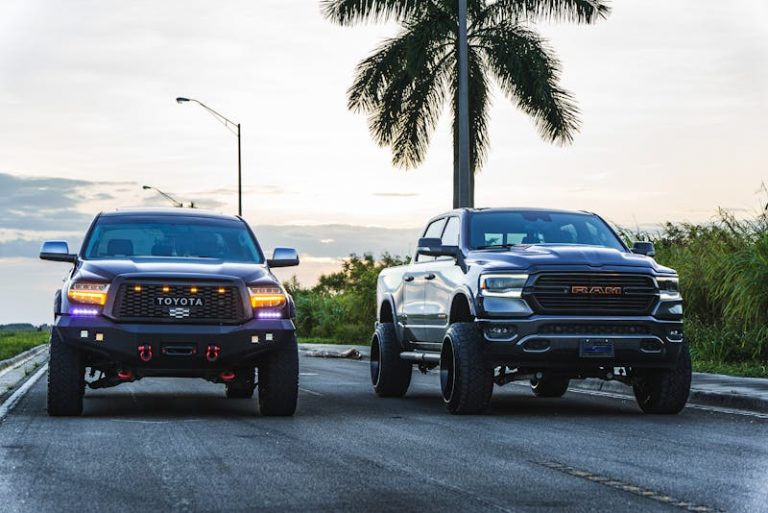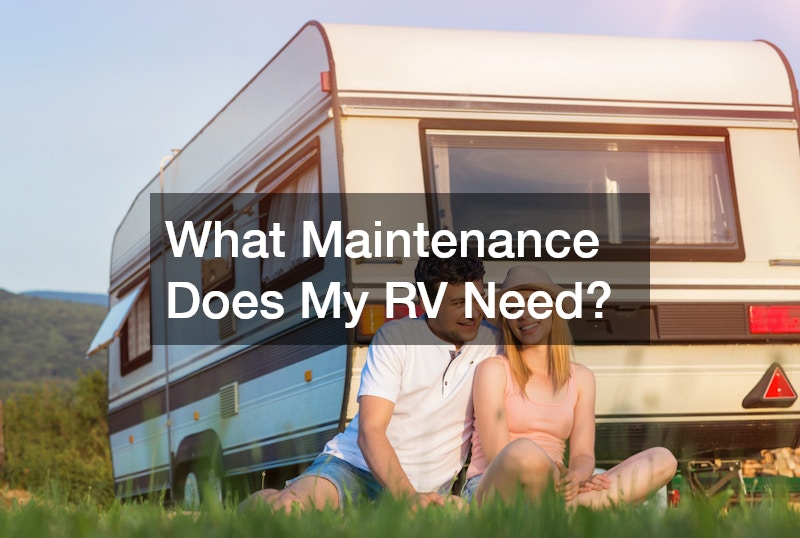

Owning an RV is a great way to enjoy the outdoors and travel with comfort, but it comes with the responsibility of regular maintenance. Proper care helps ensure your RV remains in good condition, enhancing its lifespan and reliability. Here are the essential maintenance tasks every RV owner should prioritize.
1. Regular Inspection of Systems
Routine inspections of your RV’s systems are crucial. Check the electrical system, plumbing, and HVAC regularly to identify any issues early.
This includes testing the battery, examining wiring for wear, and ensuring appliances operate correctly. For the plumbing system, inspect for leaks in the water lines and ensure the water pump and heater function properly.
2. Tire Care
Tires are the only point of contact your RV has with the road, making their maintenance vital. Regularly inspect the tires for wear, damage, and proper inflation. Under-inflated tires can lead to blowouts, while over-inflation can cause uneven wear. It’s recommended to check tire pressure before every trip and to rotate tires every 5,000 to 8,000 miles. Also, replace tires that are over six years old, regardless of tread wear, as the rubber can degrade over time.
3. Roof Maintenance
Your RV’s roof is exposed to various weather conditions, making it susceptible to damage. Inspect the roof for cracks, leaks, or signs of wear at least twice a year. Clean the roof regularly to remove dirt and debris that can cause damage over time. Apply a sealant to any seams or joints to prevent leaks and maintain the integrity of your roof.
4. Propane System Checks
If your RV runs on propane, check the system regularly for leaks and functionality. Inspect the propane lines, tanks, and appliances that utilize propane. Make sure to have your propane system serviced by a qualified technician at least once a year for safety and compliance with regulations.
5. Brake System Maintenance
The brake system is one of the most critical components of your RV. Regularly check brake pads, rotors, and fluid levels. Inspect brake lines for leaks and ensure the braking system functions properly before long trips. It’s wise to replace brake fluid every two years or as recommended by the manufacturer.
6. Winterization
If you plan to store your RV during the winter, proper winterization is essential. This process involves draining water systems, adding antifreeze, and checking seals and weather stripping to prevent damage from freezing temperatures.
Watch the video above to learn more about RV service in Clarkston, MI!.
